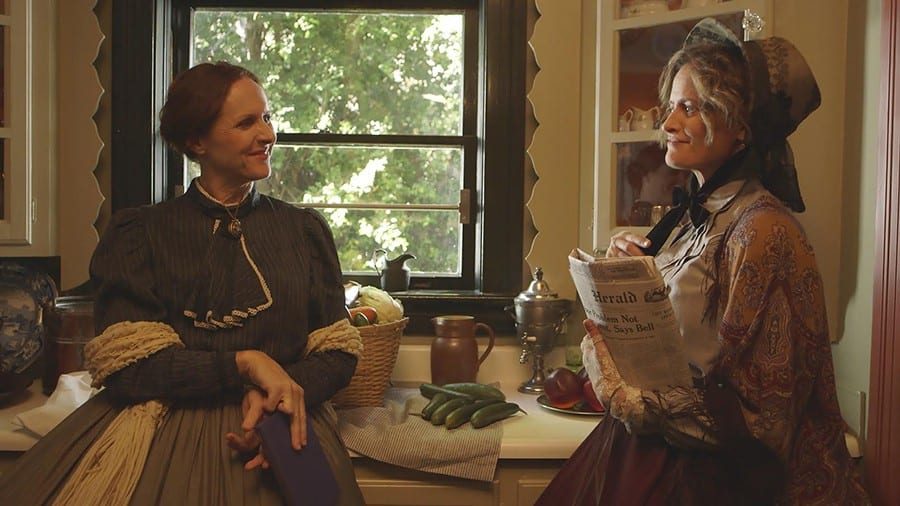
Love in a Time of Oppression: 1on1 with Madeline Olnek (WILD NIGHTS WITH EMILY)
Wild Nights with Emily transports us to the mid-nineteenth century, when Emily Dickinson was writing prolifically, baking gingerbread for neighborhood children, and thrilled by a passionate romance with her friend and sister-in-law, Susan. Directed by Madeline Olnek,?Wild Nights is a fresh look at one of the most prolific poets in American history. Told through the…

